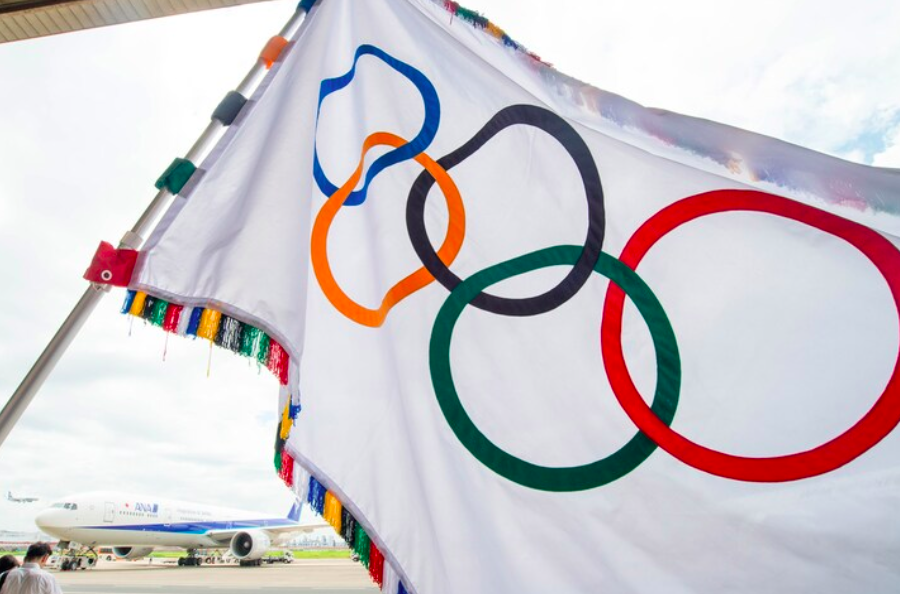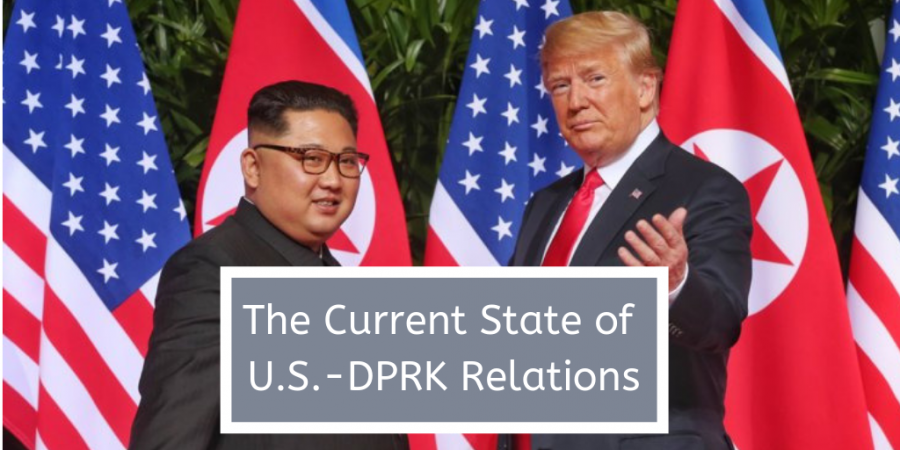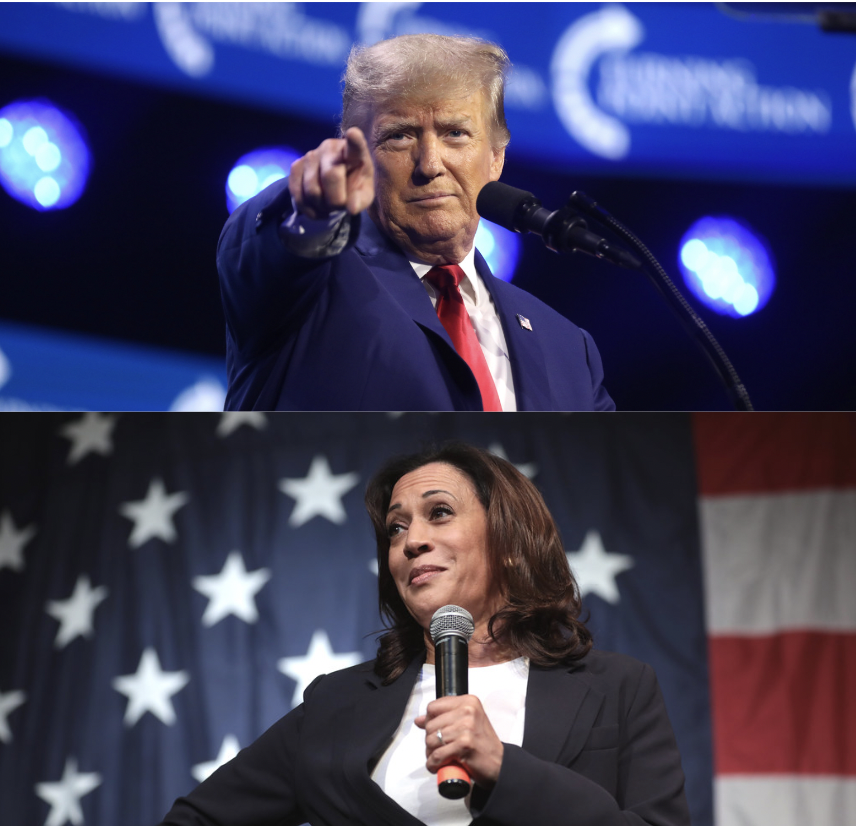RIO DE JANEIRO, BRAZIL– Dilma Rousseff, the first female president of Brazil, was impeached by the Brazilian Senate on August 31st on grounds of fiscal corruption and moving government funds. The impeachment, which comes only two weeks after the Rio Olympic games, leaves Michel Temer, vice president under Rousseff, as president until 2018.
While Rousseff leaves office early, she is not restricted from continuing her political career. However, she is barred from running for office for eight years.
On September 1st, Rousseff appealed to the Supreme Court against the Senate’s vote to remove her from office, and requested a new vote in the Senate. She protested that the proceedings against her were flawed, as the impeachment process should be executed as quickly as possible, while her trial was drawn out over several months.
Rousseff’s charges stem from her run for re-election in 2014. In order to boost her popularity, Rousseff paid for popular social programs with funding from state-financed banks without reimbursing the banks nor revealing her actions, which is illegal under Brazilian law.
In mid-May, after a preliminary vote in the lower senate in April, the Brazilian Senate voted to move forward with the impeachment. Rousseff was suspended from office, and Temer filled in as acting president.
At the Rio Olympic Games, it was Temer who was seen at the opening and closing ceremonies, as well as Temer who led the country through international criticism over the Zika virus, polluted water, poor living conditions for the athletes, and corruption in the host-city decision making in the IOC.
Rousseff’s impeachment came at a poor time. Brazil sits at the center of the Zika virus, the economy is in its worst recession in 20 years, and there have been many protests against the Brazilian government for corruption and the high costs of the Rio Games.
The day before the Olympics ended, on August 9th, the Senate voted on whether or not there was enough evidence to indict Rousseff. On August 25th, the final trial phase began. Two-thirds of Senate approval was needed to remove Rousseff from office.
On August 29th, Rousseff spoke in her defense in front of the Senate. She claimed that she did not do anything wrong; it was common of her predecessors to move money around as well. She stated that the impeachment trial was “one step away from being a real coup d’etat”, one led by her political enemies to remove her from office before her term ended.
The political enemies of Rousseff include former Brazilian Speaker of the House Eduardo Cunha, of the Democratic Movement Party (PMDB). The PMDB stands to gain from Rousseff’s (of the left-wing Workers Party) early removal; Michel Temer of the center-right PMDB, is the President of Brazil without waiting for the next presidential election.
While the Supreme Court will consider Rousseff’s appeal, analysts say that it is unlikely that it will succeed. Rousseff plans on returning to a political office once the eight year ban is lifted, assuring her supporters: “I am certain I can say, ‘I will see you soon.’”












